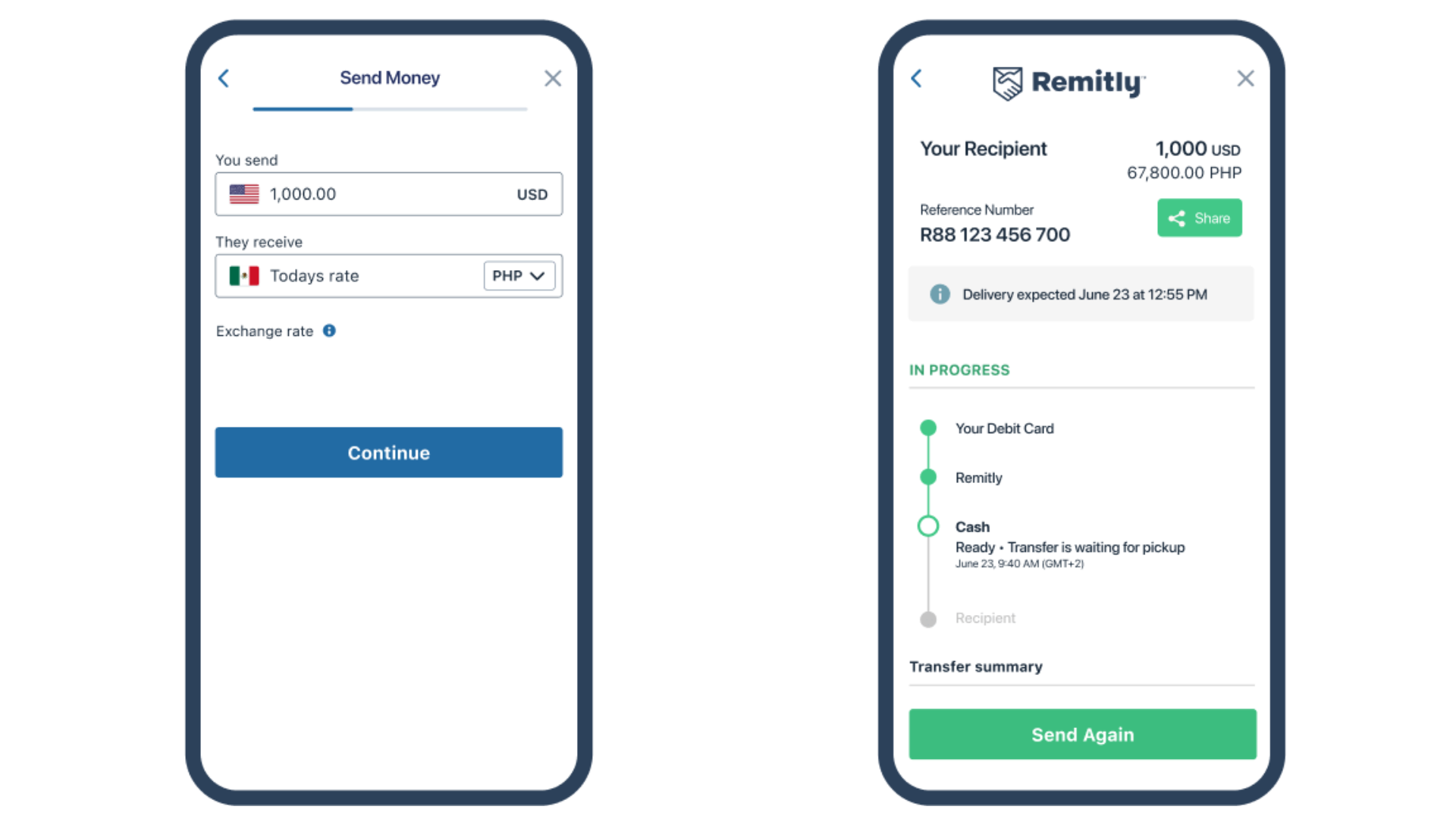Managing a sales and marketing team while they take personal time off can seem daunting. With proper strategies in place, it’s entirely possible to maintain productivity during these absences.
This blog post will equip you with effective tools for keeping your team’s momentum going strong, even when someone is enjoying a well-deserved vacation.
Key Takeaways
- Encouraging time off for team members is important to prevent burnout and maintain productivity. Managers should communicate the value of breaks and encourage the use of Paid Time Off (PTO) days.
- Strategies for managing workflow during personal time off include utilizing calendars, planning ahead, delegating tasks, documenting accomplishments, and checking in with the team regularly.
- Providing quota relief, redefining performance measures, adjusting sales targets, and building trust are key in supporting team members during their leave and ensuring a seamless continuation of sales and marketing efforts.
Encouraging Time Off for Team Members

Taking breaks is crucial for team members to recharge and avoid burnout, which can ultimately lead to decreased productivity. Therefore, it is important for managers to communicate the importance of personal time off and encourage their team members to take regular breaks.
Importance of taking breaks
Breaks are very important in work. They rest the mind and body. This helps us feel fresh and alert when we get back to work. If team members do not take breaks, they can feel tired and burnt out.
It also lessens their drive to work well. Companies can help by making sure all workers know how good breaks are for them. Managers should encourage team members to use their Paid Time Off (PTO) days for rest or fun activities.
That need is top of mind at sales teams too where quota relief becomes a big plus when folks decide on personal time off.
Communication of expectations
To keep work going while team members take time off, we need to talk. Clear talks help everyone know what needs to be done. Each person should know how much work they can hold during the out-of-office days of others.
This is where ‘communication of expectations‘ comes in play and becomes important for maintaining sales and marketing efforts during team members’ vacations. To handle sales targets, we must chat with each other about who will do what task.
We also have to check in often to make sure things are on track.
Strategies for Managing Workflow during Personal Time Off
To manage workflow during personal time off, utilize calendars, plan ahead, delegate tasks, document accomplishments, and check in with the team regularly.
Utilizing calendars
Calendars are great tools for managing time off in the sales and marketing team. Here is how to use them:
- Mark the start and end dates of an employee’s time off on the calendar.
- Share this calendar with everyone in the team.
- Use it to plan tasks around these dates.
- Make sure no key tasks fall on out-of-office days.
- Put big tasks before or after an employee’s time off.
- Allow others to see who is in or out of office quickly.
- Use reminders to inform the team when someone is about to leave or return.
Planning ahead
Planning ahead is crucial to ensure the smooth running of sales and marketing activities when team members take personal time off. Here are some strategies to consider:
| Strategies for Smooth Running | Description |
|---|---|
| Create a Shared Calendar | Use a digital calendar, like Google Calendar, to track team members’ upcoming vacations or out-of-office days. This allows everyone to see the availability of each team member and plan accordingly. |
| Cross-Train Team Members | Encourage cross-training within the sales and marketing teams so that multiple individuals are familiar with different tasks. This way, if someone is away, there will always be someone else who can step in and handle their responsibilities. |
| Prioritize Tasks | Work with your team members to identify critical tasks or projects that need attention during their absence. Prioritize these tasks based on urgency and allocate resources accordingly. |
| Set Deadlines and Expectations | Clearly communicate deadlines and expectations for completed work before your team member goes on leave. This ensures that everyone understands what needs to be done and by when. |
| Document Processes and Procedures | Maintain up-to-date documentation of standard operating procedures and key processes. This allows others to refer to the documentation when needed, ensuring consistency in execution even when someone is away. |
Delegating tasks
Delegating tasks is an effective way to manage the workload when team members take personal time off. Here are some strategies to consider:
- Identify tasks that can be delegated to other team members.
- Clearly communicate expectations and deadlines to those who will be taking on the delegated tasks.
- Provide proper training and support to ensure that the tasks are completed accurately and efficiently.
- Regularly check in with the team members who have taken on the delegated tasks to provide guidance and address any questions or concerns.
- Document the progress and completion of the delegated tasks to maintain transparency and accountability within the team.
Documenting accomplishments
Documenting accomplishments is an important strategy for managing workflow during personal time off. It helps ensure that progress is tracked and work can continue smoothly. Here are some ways to document accomplishments:
- Keep a shared online document or spreadsheet where team members can update their progress regularly.
- Use project management tools or task tracking software to monitor and record completed tasks.
- Encourage team members to send regular updates via email or instant messaging, highlighting their achievements.
- Take screenshots or photos of completed work as evidence of accomplishments.
- Record meetings or discussions where important decisions or actions were taken.
Checking in with the team
It is important to stay connected with your team while they are on personal time off. Here are some ways to check in and ensure smooth sales and marketing operations:
| Check-In Strategies | Description |
|---|---|
| Schedule Regular Check-Ins | Set up specific times to touch base with team members during their absence. This could be a quick phone call, video chat, or even an email exchange. |
| Communicate Project Updates | Keep team members informed about any changes or updates to ongoing projects. Share progress, identify potential roadblocks, and offer support if needed. |
| Provide Resources and Guidance | Ensure that your team has access to all necessary resources and tools they may need while you’re away. Provide clear instructions and guidance for completing tasks efficiently. |
| Encourage Collaboration Among Team Members | Emphasize the importance of teamwork and encourage colleagues to step in and help one another when needed. Foster a culture of support and collaboration. |
| Offer Assistance if Required | Let your team know that you are available if they need assistance or have any questions while you’re away. Provide alternative contact information so they can reach out if necessary. |

Supporting Team Members During Leave
During team members’ leave, it is crucial to provide quota relief, redefine performance measures, adjust sales targets, and build trust within the team.
Providing quota relief
During team members’ personal time off, it is important to provide quota relief for salespeople. This means temporarily adjusting their sales targets or redistributing their workload among other team members.
By doing so, you can ensure that the remaining team members are not overwhelmed with an increased workload and that sales goals are still being met. Providing this relief can also help reduce stress and maintain productivity during times when employees may be taking a break or vacation.
Encouraging time off is crucial for employee well-being and work-life balance. It allows them to recharge and come back refreshed, ultimately benefiting both their performance and overall morale.
So, by providing quota relief during personal time off, you not only support your team’s well-being but also maintain the continuity of your sales efforts without overwhelming the remaining members of your team.
Redefining performance measures
Redefining performance measures during a team member’s time off is a strategic way to keep your sales and marketing going. This can take into account the reduced man-hours and shift focus from numbers to other significant aspects of sales and marketing.
| Important Considerations | Beneficial Outcomes |
|---|---|
| Focusing on other performance measures rather than merely sales quotas. | Helps maintain the motivation of the remaining team members and facilitates a balanced view of performance. |
| Assessing the quality of customer interactions and service delivered. | Enhances customer satisfaction and loyalty, which are key to long-term sales success. |
| Emphasizing on individual development and learning during this period. | Contributes to the overall growth and competency of the team, which can boost sales in the long run. |
| Building trust through integrity and following through on commitments. | Strengthens the team culture and motivation, essential elements for sales and marketing success. |
| Encouraging a healthy work-life balance for the remaining team members. | Prevents burnout and maintains productivity, ensuring the continuity of the sales process. |
Adjusting sales targets
When team members take personal time off, it may be necessary to adjust sales targets. This ensures that the remaining team members are not overwhelmed with unrealistic goals during their absence.
By reevaluating and readjusting sales targets, you can set more attainable expectations for those who are working while others are on leave. This helps maintain productivity and motivation within the sales team.
Adjusting sales targets also allows for a fair distribution of workload and prevents burnout among team members. It is important to communicate these adjustments clearly so that everyone is aware of the revised goals and can work towards achieving them effectively.
Building trust
Building trust is a crucial aspect of maintaining a motivated sales team. Trust can be built by consistently following through on commitments and having integrity in all interactions.
Spending dedicated time with the team, such as during sales meetings or one-on-one conversations, can also help foster trust and motivation. Creating an effective onboarding process for new team members is essential, as it sets the foundation for building trust from the start.
Encouraging a healthy work-life balance and supporting personal time off can contribute to the happiness and productivity of the sales team, ultimately strengthening trust within the organization.

Conclusion
In conclusion, when team members take personal time off, it’s important to encourage breaks and communicate expectations. Strategies such as utilizing calendars, planning ahead, delegating tasks, documenting accomplishments, and checking in with the team can help manage workflow during this time.
Supporting team members by providing quota relief, redefining performance measures, adjusting sales targets, and building trust are also crucial. By implementing these strategies and fostering a healthy work-life balance, you can keep your sales and marketing efforts going strong even when team members are on leave.
Frequently Asked Questions
How can I keep my sales and marketing going when team members take personal time off?
You can keep your sales and marketing going by cross-training team members, delegating tasks to other staff members, using automated systems, or hiring temporary help.
What is cross-training, and how can it help maintain sales and marketing efforts?
Cross-training involves teaching employees the skills of their colleagues so they can cover for each other during absences. It helps ensure that essential tasks are still performed even when team members are on personal time off.
Are there any tools or software that can automate sales and marketing processes?
Yes, there are various tools and software available that can automate tasks such as email campaigns, social media scheduling, lead generation, and customer relationship management (CRM). These automation tools can help keep your sales and marketing efforts running smoothly even when team members are away.
Can outsourcing certain sales or marketing functions be a solution?
Yes, outsourcing certain sales or marketing functions to external agencies or freelancers can be a viable option to ensure continuity in business operations while team members are on personal time off.
How important is communication among team members during this time?
Communication among team members is crucial during times when some may be out of the office. Clear communication ensures everyone understands their roles and responsibilities while providing updates on progress made in ongoing projects.




